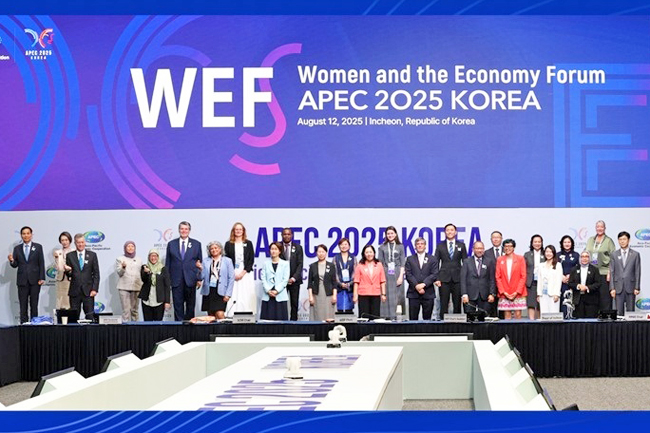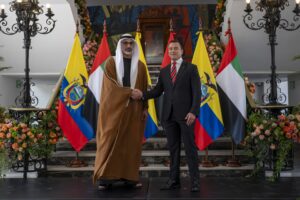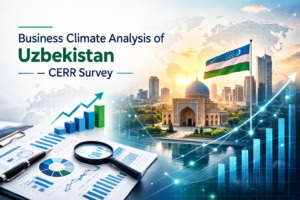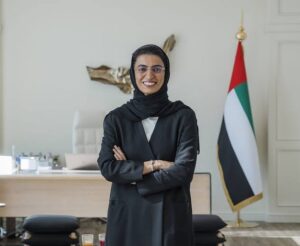Brunei Reaffirms Commitment to Women’s Economic Empowerment at APEC High Policy Dialogue

Incheon, The Gulf Observer: Brunei Darussalam has reaffirmed its strong commitment to advancing women’s economic empowerment as a central pillar in achieving Brunei Vision 2035. The pledge was made by Permanent Secretary (Economy, Trade and Industry) at the Ministry of Finance and Economy, Dr. Hajah May Fa’ezah binti Haji Ahmad Ariffin, during the APEC High Policy Dialogue on Women and the Economy (HLPD-WE), held recently in Incheon, South Korea.
Dr. Hajah May Fa’ezah highlighted that this commitment aligns with the Putrajaya Vision 2040 and the Aotearoa Plan of Action, and is supported by multi-faceted policy measures to boost women’s economic participation. Key strategies include the creation of a supportive ecosystem for women entrepreneurs through targeted financial assistance, capacity-building programmes, mentorship initiatives, and inclusive policy approaches.
Flagship national initiatives such as the Industry Business Academy and the Brunei Mentors for Entrepreneurs Network are complemented by regional platforms like the ASEAN Women’s Entrepreneurs Network, which foster recognition and cross-border linkages. Since 2016, the Industry Business Academy has trained approximately 10,300 women, with women-owned businesses representing at least 57 per cent of participating enterprises.
The dialogue, chaired by Acting Minister of Gender Equality and Family of South Korea, Young-sook Shin, gathered ministers and senior officials from APEC economies, alongside the Executive Director of the APEC Secretariat. Under the theme “Promoting Women’s Economic Participation for Sustainable Growth”, discussions addressed policy approaches to strengthen women’s roles in the economy in line with APEC’s Putrajaya Vision 2040, La Serena Roadmap, and Aotearoa Plan of Action.
Key topics included the impact of demographic shifts, digital transformation, and the green transition—each presenting both opportunities and challenges for women’s empowerment. Participants exchanged best practices in supporting women-led micro, small, and medium enterprises (MSMEs), advancing digital inclusion, and improving care infrastructure, while reaffirming commitments to remove structural barriers and address gender inequality.
The HLPD-WE was preceded by a private–public sector session, featuring panel discussions on strengthening care systems, promoting work-life balance, and facilitating women’s participation in the economy amid technological advancements, including artificial intelligence.
At the conclusion of the dialogue, APEC economies adopted the Women and the Economy Joint Statement, now available on the APEC website.


